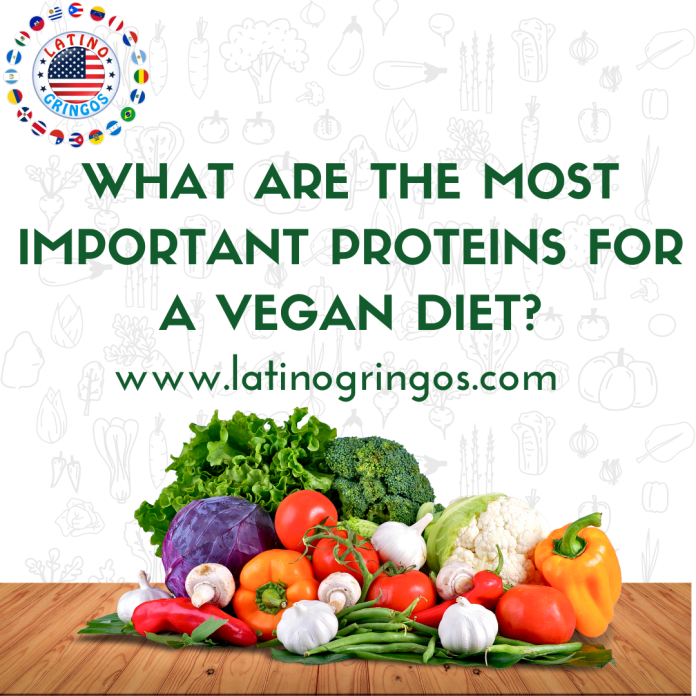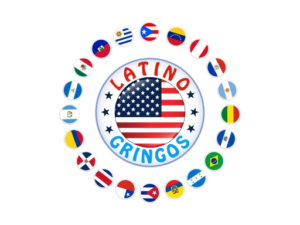Several vegetable proteins are considered important due to their nutritional profile and versatility in plant-based diets. Some of the most notable ones include:
Soy Protein: Derived from soybeans, soy protein is a complete protein, meaning it contains all nine essential amino acids necessary for human health. It’s commonly found in tofu, tempeh, edamame, and soy-based meat substitutes.
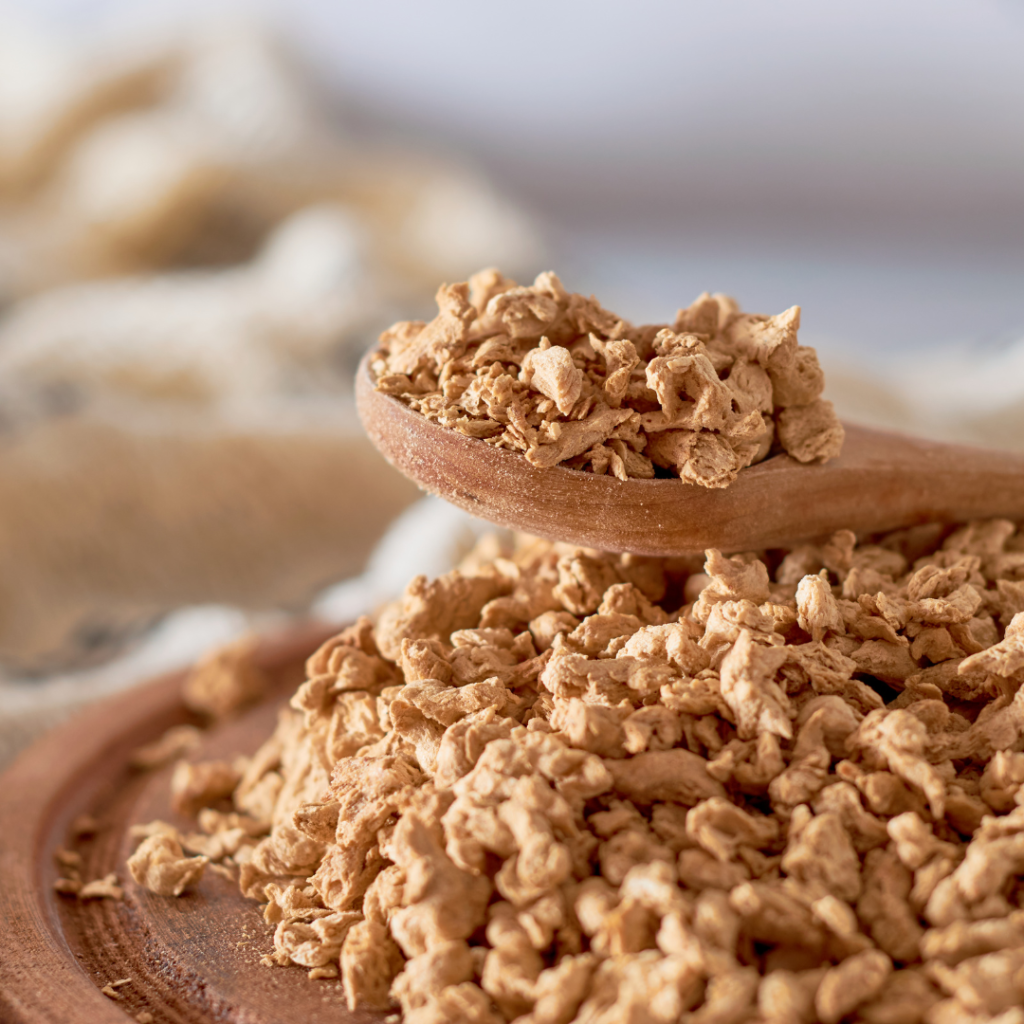
Pea Protein: Pea protein is rich in lysine, an amino acid that is typically lacking in other plant proteins. It’s derived from yellow split peas and is often used in protein powders, meat alternatives, and plant-based dairy products.
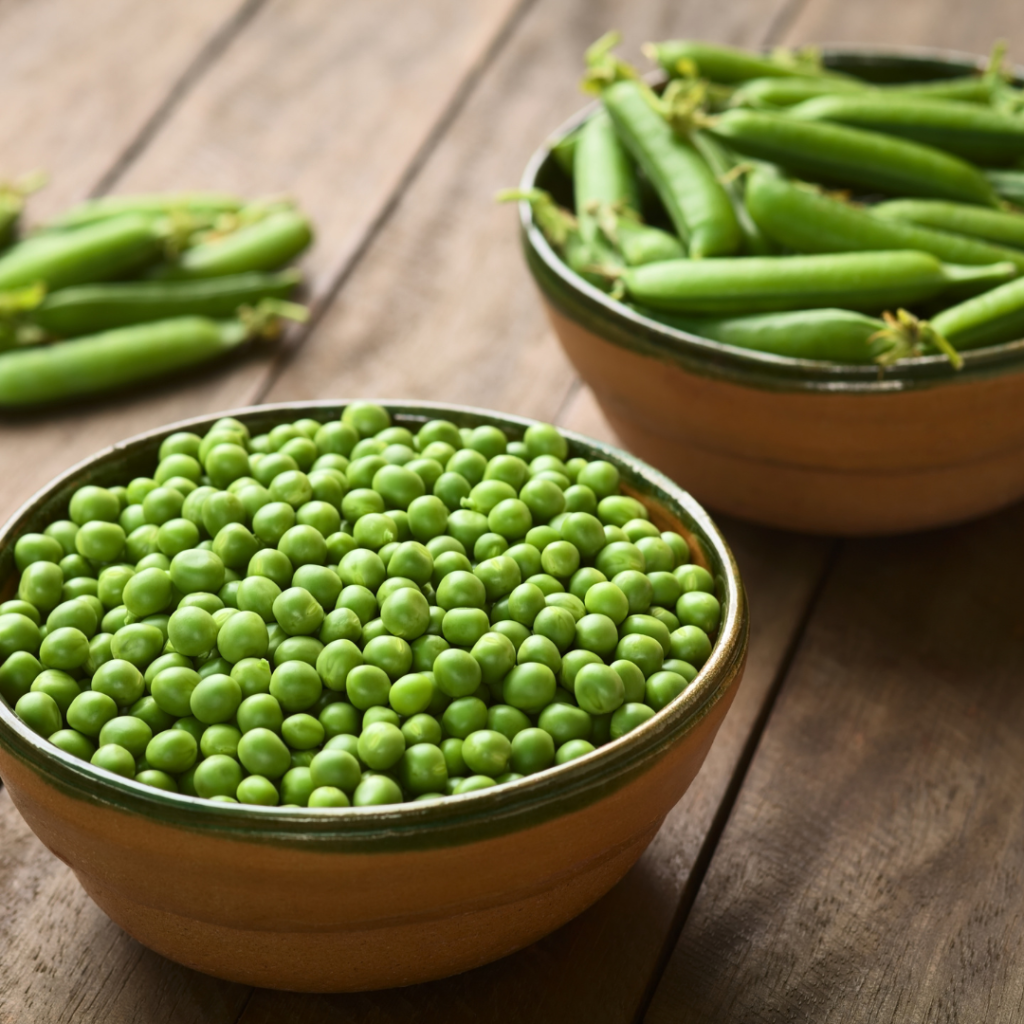
Lentil Protein: Lentils are an excellent source of protein, fiber, and various nutrients. They’re commonly used in soups, stews, salads, and as a meat substitute in various dishes.

Chickpea Protein: Chickpeas, also known as garbanzo beans, are a staple in many cuisines and are a good source of protein, fiber, and several vitamins and minerals. They’re used in dishes like hummus, falafel, and salads.
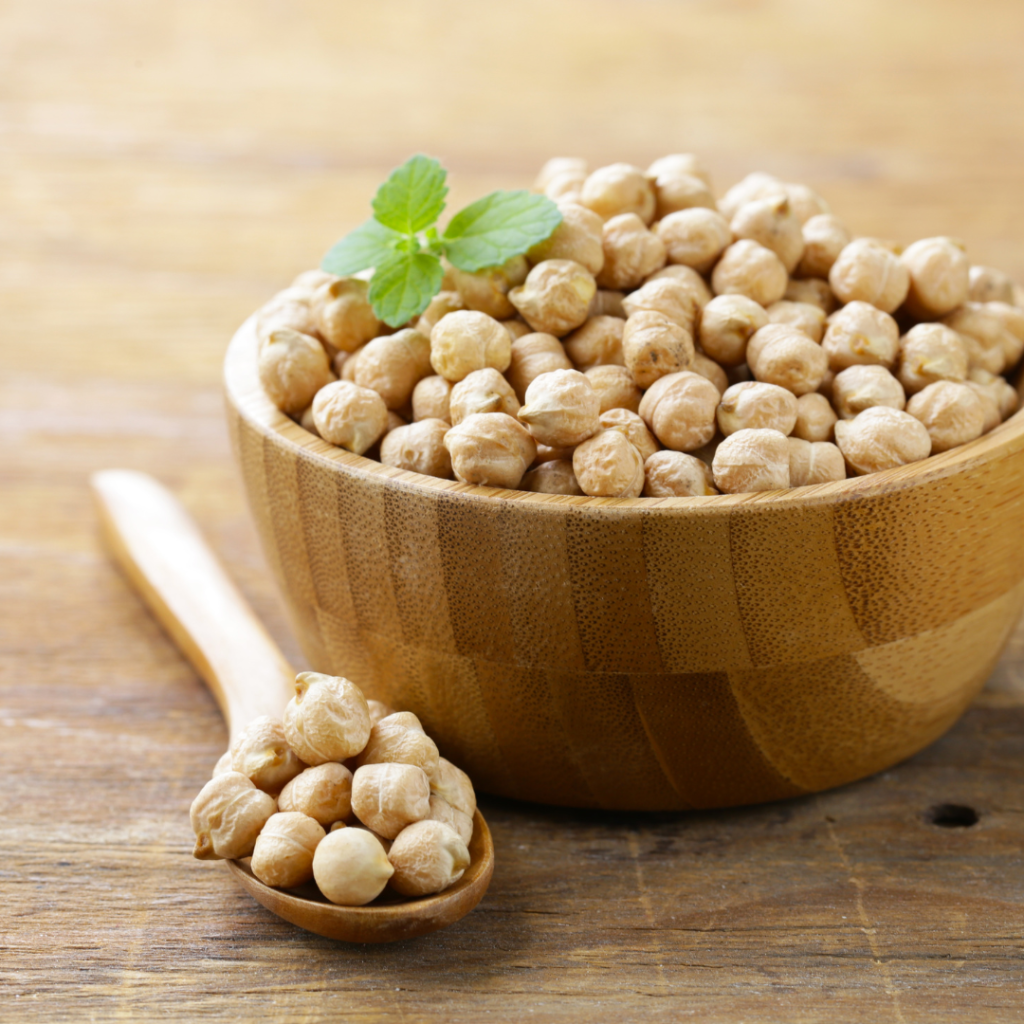
Quinoa: While technically a seed, quinoa is often referred to as a whole grain and is a complete protein source. It’s highly versatile and can be used in salads, soups, stir-fries, and as a substitute for rice.
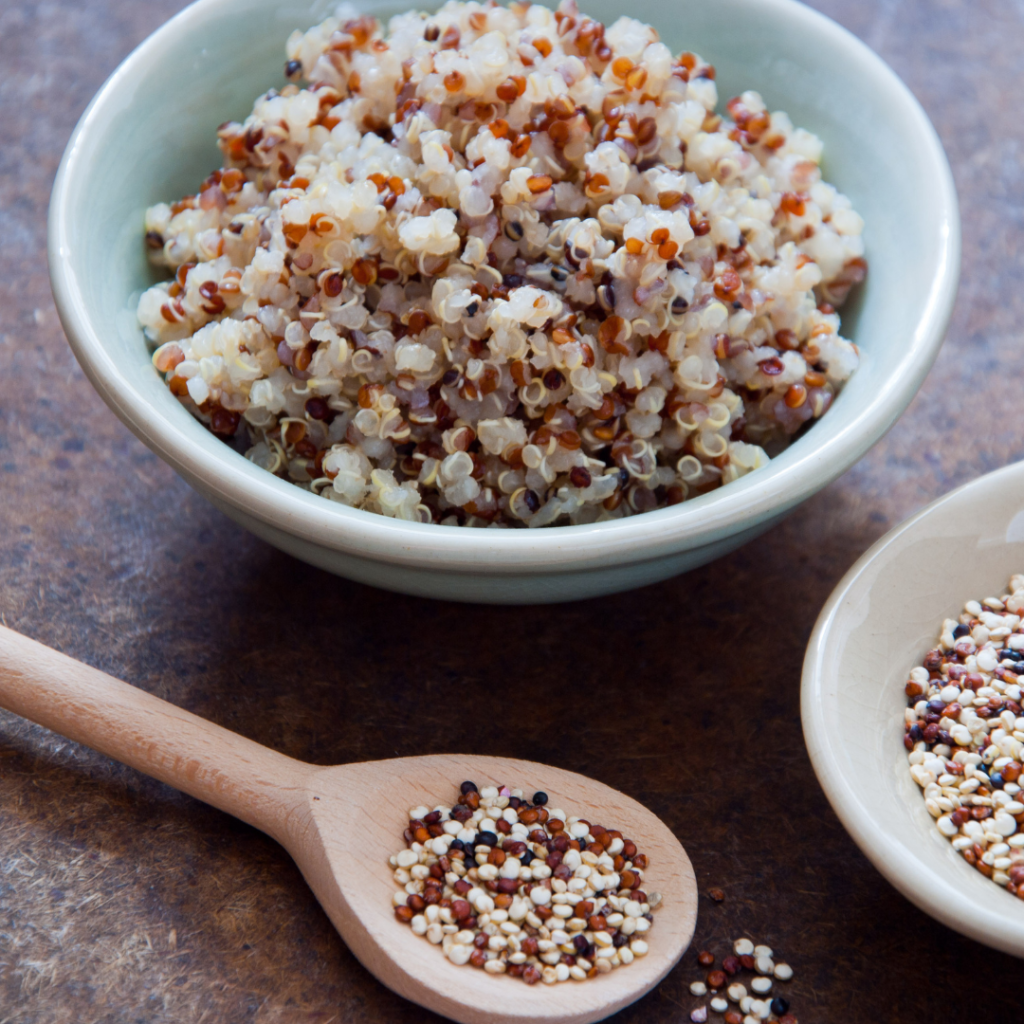
Brown Rice Protein: Brown rice protein powder is derived from whole grain brown rice and is hypoallergenic, making it suitable for those with food sensitivities. It’s often used in protein powders and nutrition bars.
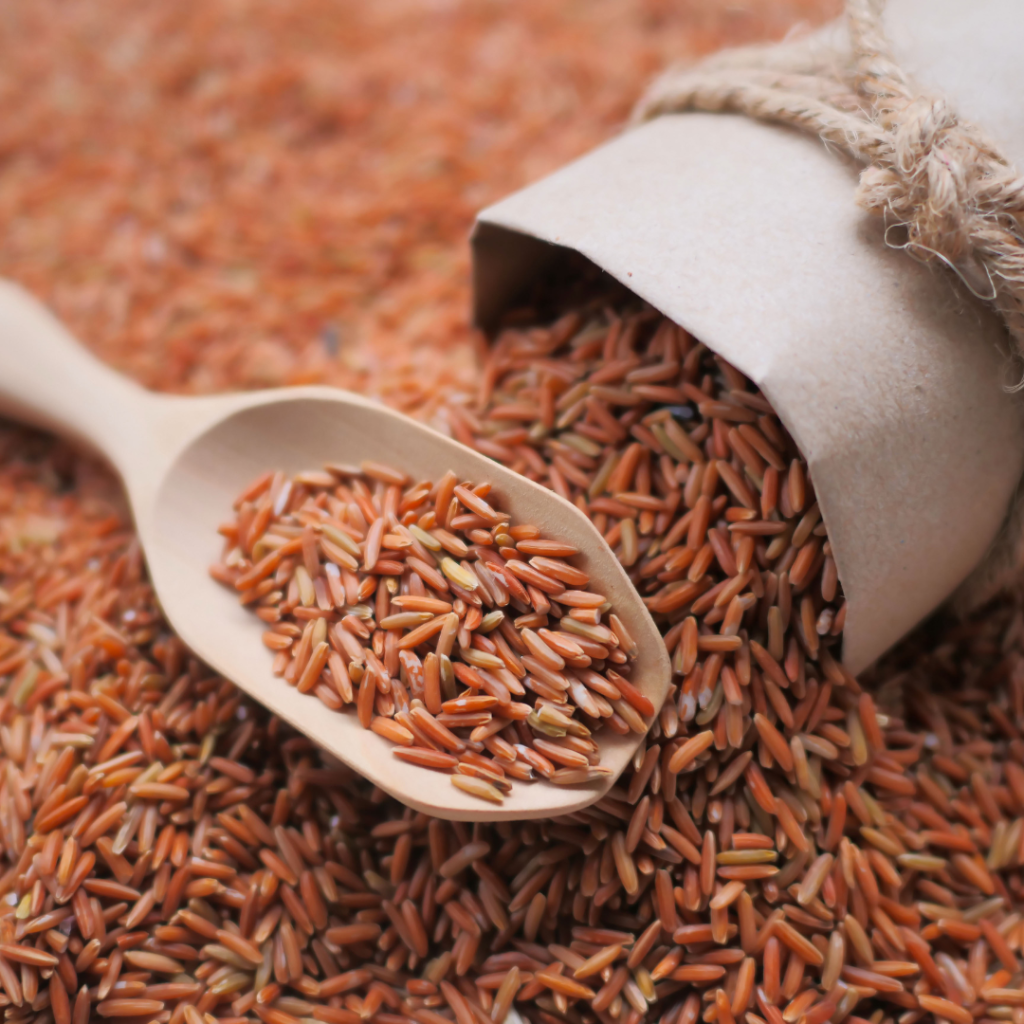
These vegetable proteins are important not only for individuals following vegetarian or vegan diets but also for anyone looking to incorporate more plant-based protein sources into their meals for health and environmental reasons.
Follow us on our social networks and stay up to date with all the articles and videos that Latino Gringos™ has for you. If you want to suggest a topic for conversation, do not hesitate to contact us about it.
cuales son las proteinas mas importantes para una dieta vegana?
Varias proteínas vegetales se consideran importantes debido a su perfil nutricional y versatilidad en dietas basadas en plantas. Algunos de los más notables incluyen:
Proteína de soja: derivada de la soja, la proteína de soja es una proteína completa, lo que significa que contiene los nueve aminoácidos esenciales necesarios para la salud humana. Se encuentra comúnmente en el tofu, el tempeh, el edamame y los sustitutos de la carne a base de soja.
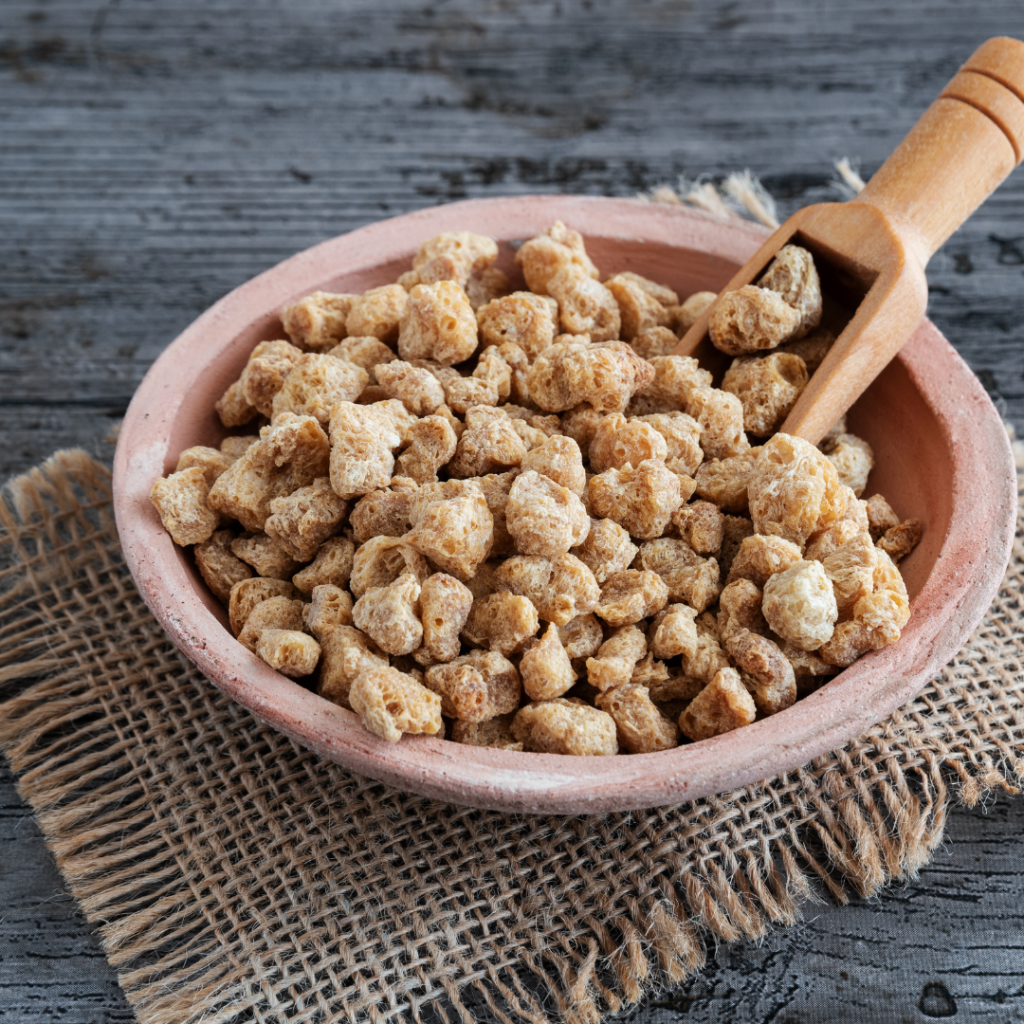
Proteína de guisante: La proteína de guisante es rica en lisina, un aminoácido que normalmente falta en otras proteínas vegetales. Se deriva de los guisantes amarillos partidos y se utiliza a menudo en proteínas en polvo, alternativas a la carne y productos lácteos de origen vegetal.
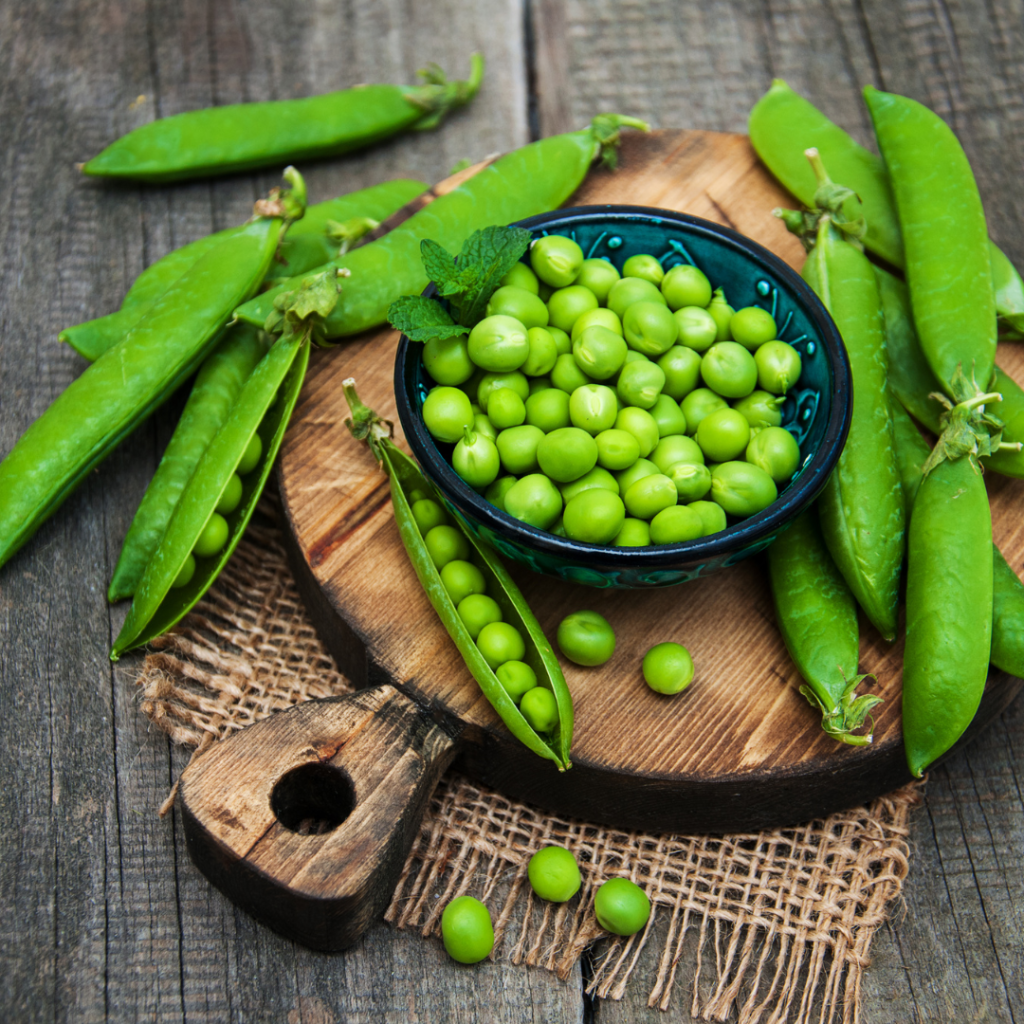
Proteína de Lentejas: Las lentejas son una excelente fuente de proteínas, fibra y diversos nutrientes. Se utilizan habitualmente en sopas, guisos, ensaladas y como sustituto de la carne en diversos platos.
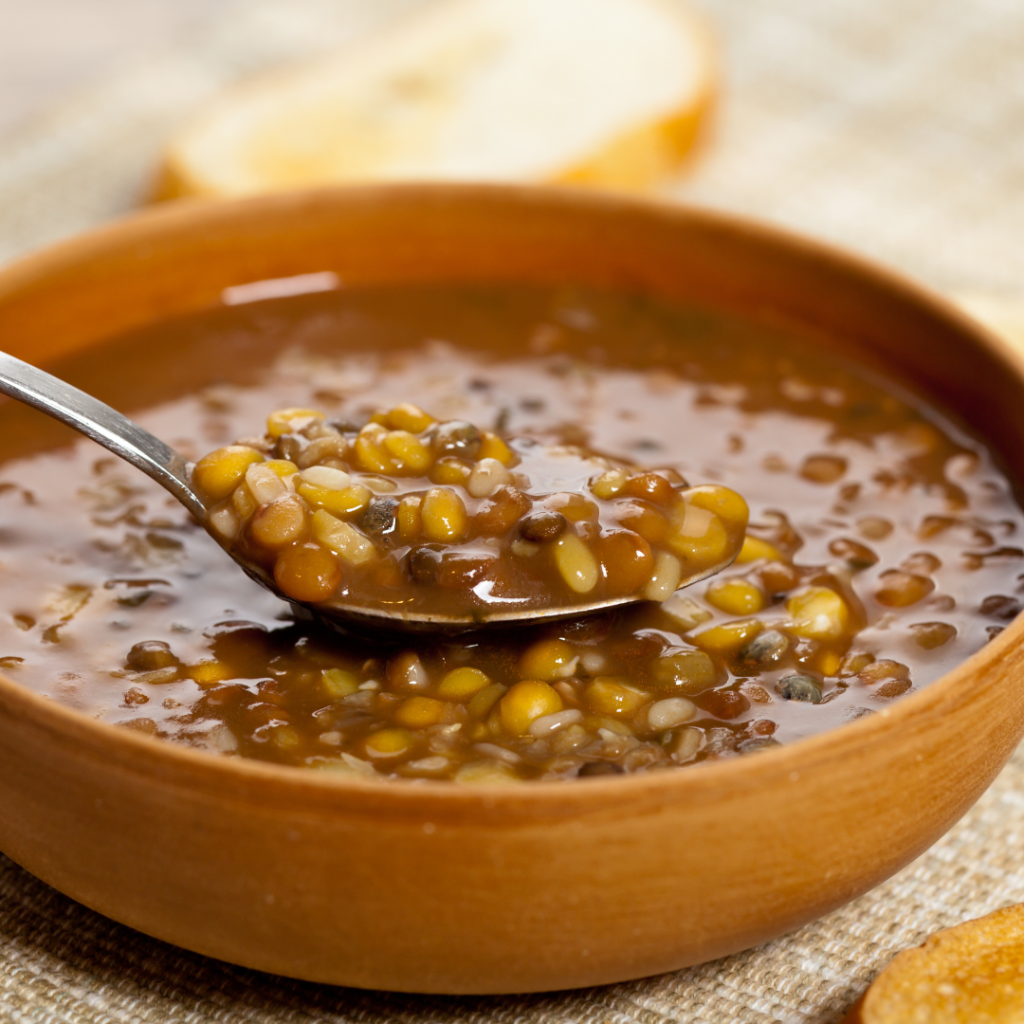
Proteína de garbanzo: Los garbanzos, también conocidos como garbanzos, son un alimento básico en muchas cocinas y son una buena fuente de proteínas, fibra y varias vitaminas y minerales. Se utilizan en platos como hummus, falafel y ensaladas.
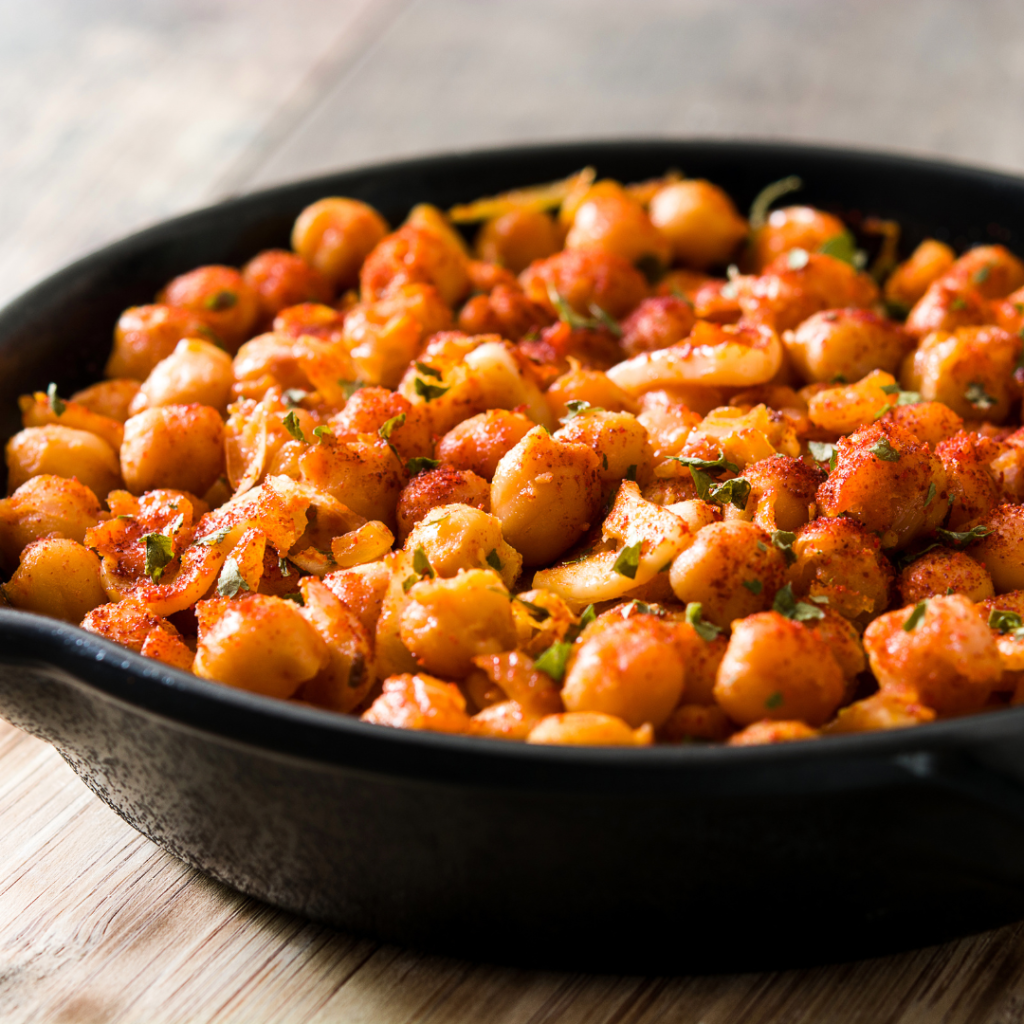
Quinua: Aunque técnicamente es una semilla, a la quinua a menudo se la conoce como un grano integral y es una fuente completa de proteínas. Es muy versátil y se puede utilizar en ensaladas, sopas, salteados y como sustituto del arroz.
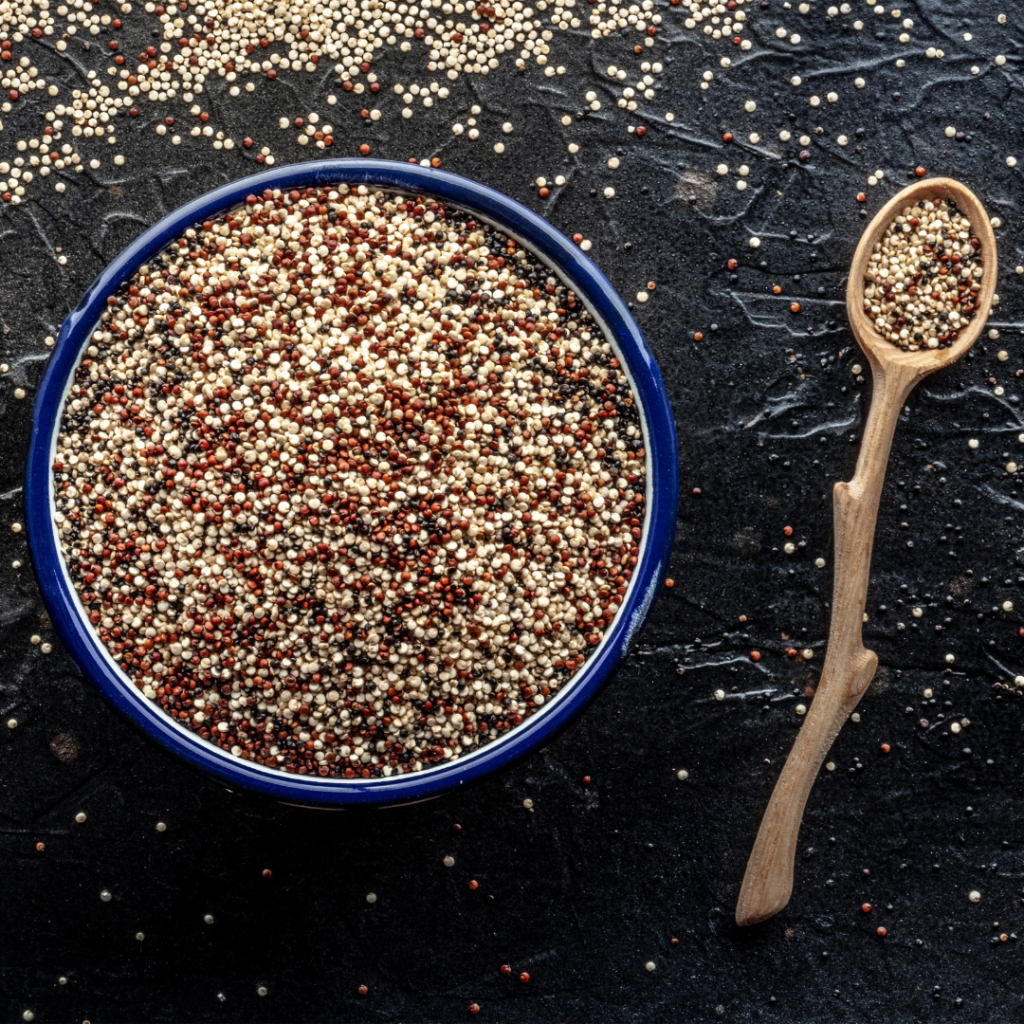
Proteína de arroz integral: La proteína de arroz integral en polvo se deriva del arroz integral integral y es hipoalergénica, lo que la hace adecuada para personas con sensibilidad alimentaria. A menudo se utiliza en proteínas en polvo y barras nutritivas.
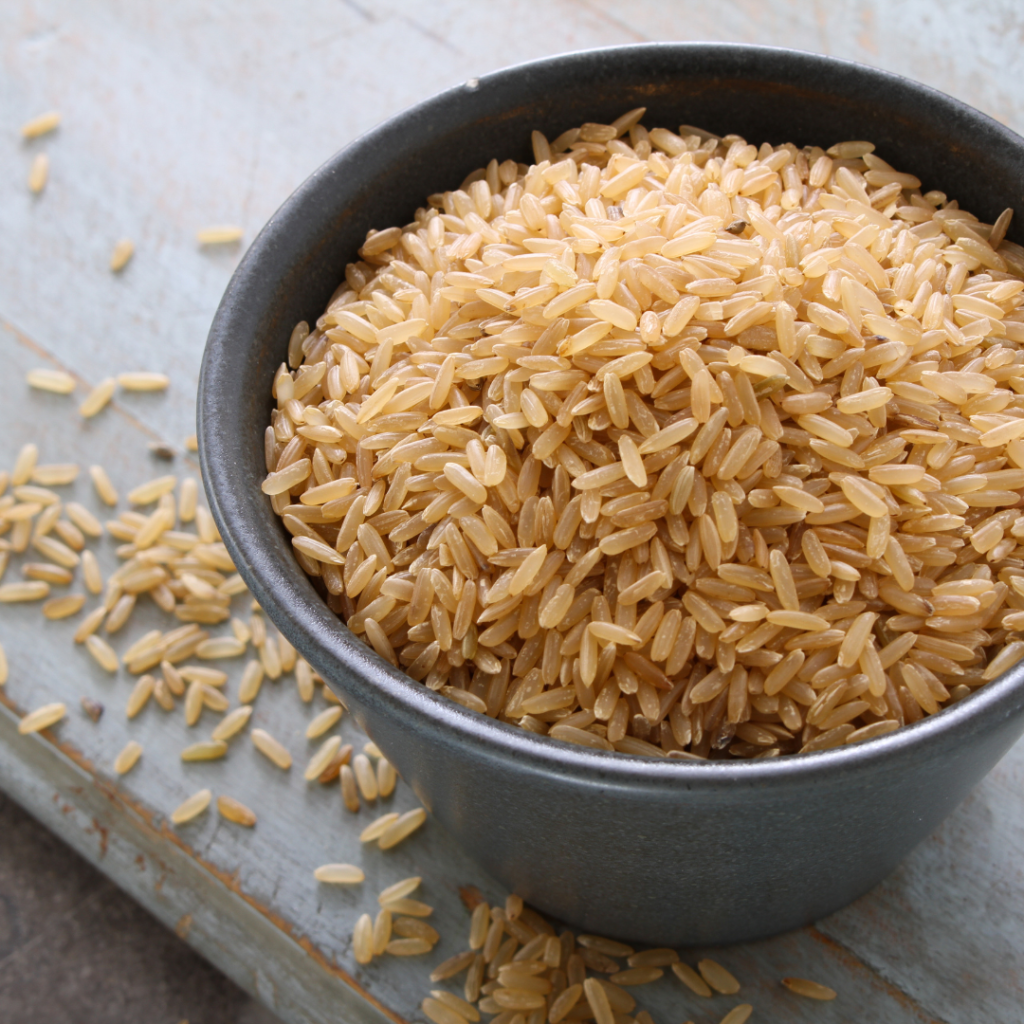
Estas proteínas vegetales son importantes no sólo para las personas que siguen dietas vegetarianas o veganas, sino también para cualquiera que busque incorporar más fuentes de proteínas de origen vegetal en sus comidas por razones ambientales y de salud.
Siguenos en nuestras redes sociales y mantente al dia con todos los articulos y videos que Latino Gringos ™ tiene para ti. Si deseas sugerir un tema de conversacion, no dudes en contactarnos al respecto.


